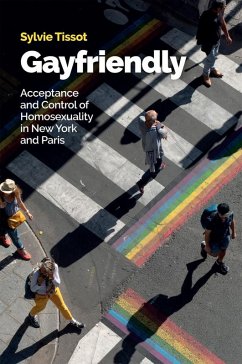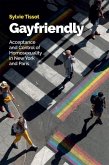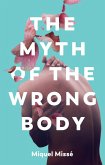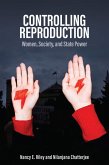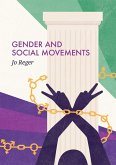What does it mean to be gayfriendly? Having gay friends, supporting gay marriage, remaining unfazed when one's son or daughter comes out? Going to gay bars or questioning one's own sexual orientation? There is no single model of 'gayfriendliness', but rather different attitudes which vary according to age, sex, country and life circumstance. Acceptance of homosexuality has undeniably grown, and homosexuality is increasingly seen as one form of sexuality among others. But embedded in this liberal vision is a perspective that is more troubling. Based on interviews with gayfriendly straight people in the liberal neighbourhoods of Park Slope in New York and the Marais in Paris, Sylvie Tissot shows that stereotypes remain and control of gays and lesbians has not disappeared. Acceptance is directed towards those who are of the same socioeconomic background, who proclaim their wish to emulate traditional norms of family life, and who do not make any other demands. Gays must be normal but not completely so, similar and at the same time different, in order to meet the not always conscious conditions of acceptability. Gayfriendliness has managed to dispel violence and discrimination and has accompanied the invention of less conventional lives. But, as Tissot shows, it has not yet liberated itself from the clutches of heterosexual domination which still structures our society and our ways of thinking.
Dieser Download kann aus rechtlichen Gründen nur mit Rechnungsadresse in A, B, BG, CY, CZ, D, DK, EW, E, FIN, F, GR, HR, H, IRL, I, LT, L, LR, M, NL, PL, P, R, S, SLO, SK ausgeliefert werden.

